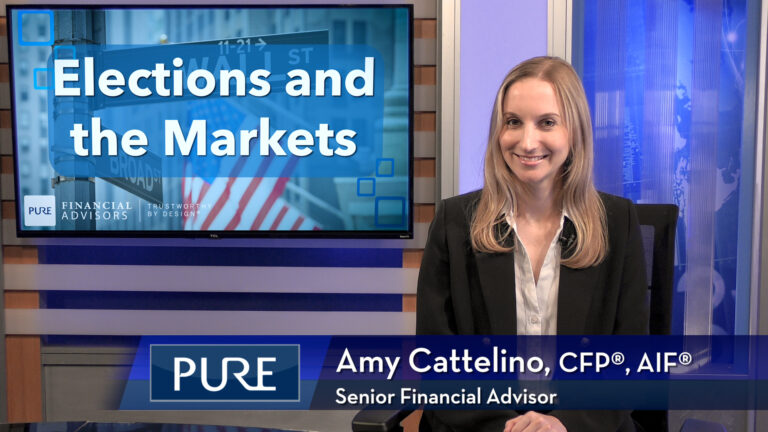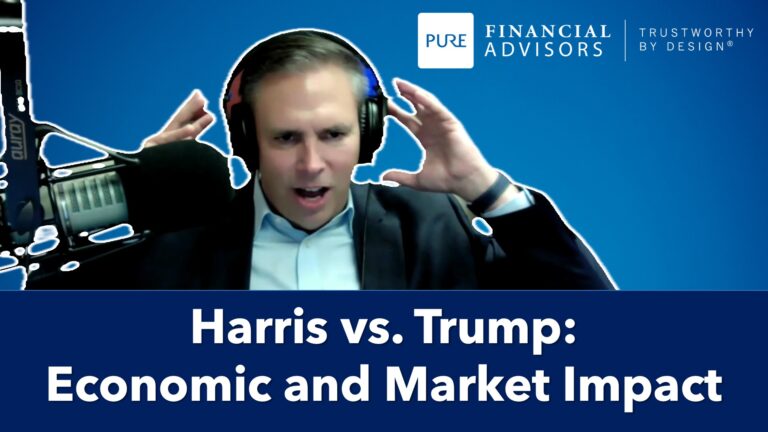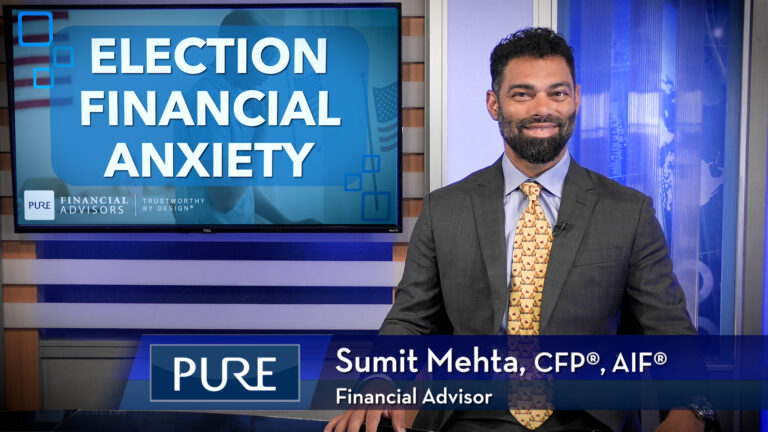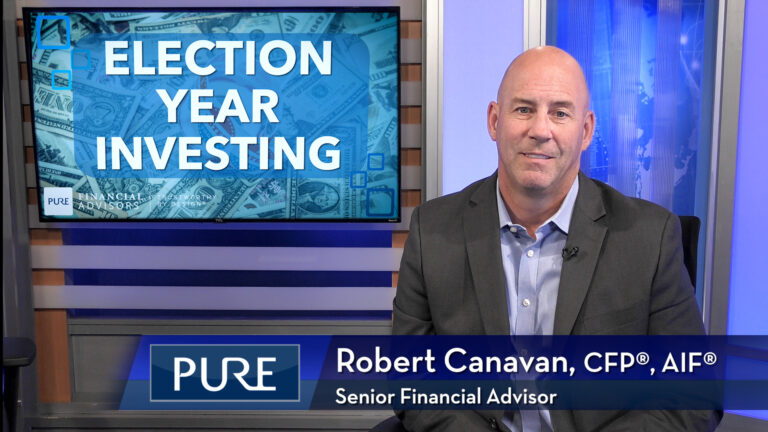What should you expect from your financial advisor? What does a financial advisor do on a daily basis? What should you look for before you hire a financial planner, and is it worth it to hire a financial advisor in the first place?
Robert McCullock, CFP® of Pure Financial Advisors explains the role a financial planner should play in:
– reaching your financial goals, such as debt pay off, buying a home or retirement planning
– tax planning to ensure you pay the lowest taxes legally possible
– all aspects of your financial life, including healthcare, long term care, life insurance, estate planning
– aligning your investment portfolio with your overall financial plan
Robert also explains:
– Why you should look for a CERTIFIED FINANCIAL PLANNER™
– The importance of a financial fiduciary
– How financial advisors get paid (commission, fee-only, or hybrid)
Transcription:
So what does a financial advisor do? This is a question we get from time to time. So today I’d like to list out what you should expect from your financial advisor.
#1, a financial advisor should be putting together a plan or a budget for you to accomplish your financial goals. Now, that financial goal could be debt management. It could be buying a home. That goal could be for your retirement planning. Whatever it is, that should be the first step in the financial planning process.
Next, a financial advisor should be working on tax planning. Tax planning is critically important to make sure that you are paying the lowest reasonable taxes today. And more important than today is paying the lowest reasonable amount of taxes over your lifetime.
Third, a financial advisor should be looking at the other aspects of your life. Health care, maybe long term care, insurance. They should be looking at your estate planning, maybe inheritance planning. All those aspects of your financial life should come together in your financial plan.
Now after all of that is looked at, your financial advisor should also, and obviously, be looking at your investments. Now your investments need to fit the rest of your financial plan and everything else you have already put together.
I recommend that you look for a financial advisor that is a CERTIFIED FINANCIAL PLANNER™ or a CFP®. This ensures that they have the education and the experience to likely do some proper financial planning for you. You also should look to make sure that your financial planner is an investment fiduciary. An investment fiduciary means that they are bound to act in your financial best interest. And then, look to make sure that your financial advisor does offer comprehensive financial planning or everything that I had previously discussed.
You will also want to know how your financial advisor is being compensated. A financial advisor can be paid on commission. Commission means that they are paid by the products that that advisor is selling to you. A financial advisor can be paid directly by you as a fee-only financial advisor. Or to complicate things a little, a financial advisor can be paid both ways. Anyway they’re paid, you want to understand that to know if there’s any conflicts of interest towards you.
Finally, is it even worth it to hire a financial advisor? Well, that answer is not simple, it’s going to be different for everybody. And I highly recommend that you would come in and have a free financial assessment. An assessment is going to look over every aspect of your financial life, what that financial advisor can offer, and the cost of that financial advice. So then you can make a decision on whether or not that financial advice is right for you.
For more information or to get a free assessment, come visit us at purefinancial.com.














